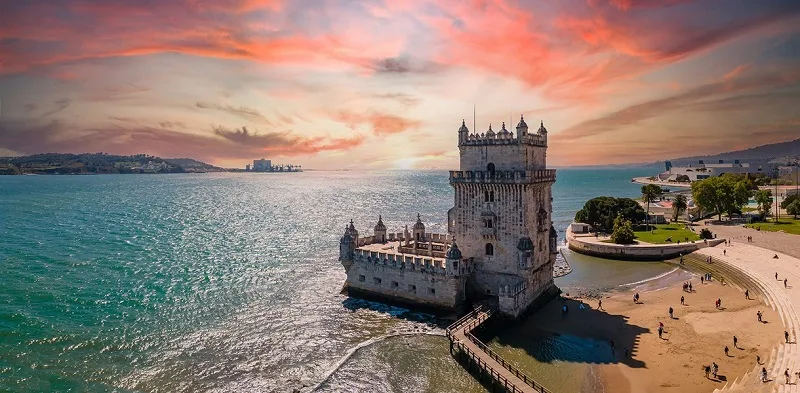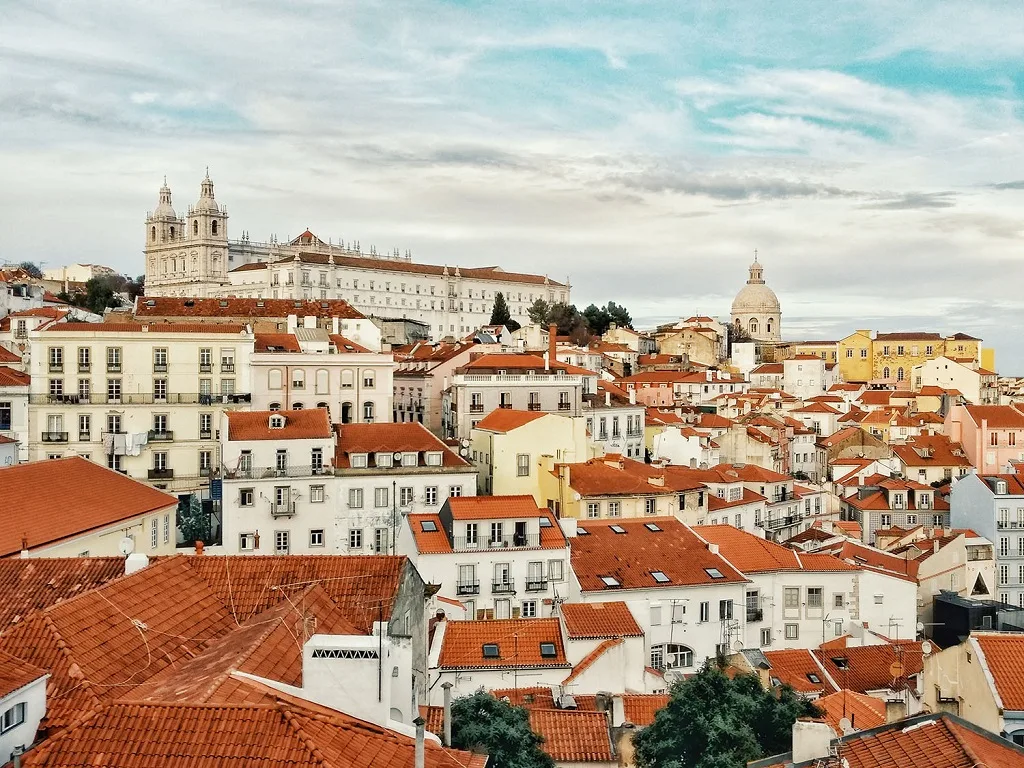Why You Should Visit Lisbon

Lisbon, the capital city of Portugal, is a stunning blend of traditional and modern influences, making it a must-visit destination. Founded as a settlement over 2,700 years ago, this city is rich in history and culture. Located on the western coast of the Iberian Peninsula, Lisbon boasts a strategic location along the Atlantic Ocean, providing breathtaking coastal views and a mild climate year-round.
The city’s foundation dates back to the era of the Phoenicians and was later influenced by the Romans and Moors, each leaving their indelible marks on its architecture and culture. Visitors can explore the historical significance embedded in its ancient ruins, grand plazas, and intricate tile work that tells stories of the past.
Historical Significance
Lisbon’s historical significance is deeply rooted in its role as a major port and trading hub during the Age of Discoveries in the 15th and 16th centuries. The city’s explorers, such as Vasco da Gama, embarked on voyages that opened new trade routes to India and beyond. This period brought immense wealth and architectural advancements to the city, evident in the grandeur of the Jerónimos Monastery and the Belém Tower, both UNESCO World Heritage Sites.
The influence of these discoveries is still palpable today, with numerous museums and monuments celebrating Portugal’s maritime heritage. The Maritime Museum and the Discoveries Monument are essential stops for those interested in the tales of explorers who once set sail from Lisbon’s shores.
Cultural Vibrancy
Lisbon is not just about its past; it is a vibrant city that thrives on its rich cultural scene. The city’s neighborhoods, like Alfama and Bairro Alto, offer a glimpse into its eclectic culture. Fado music, characterized by its melancholic and soulful tunes, can be heard echoing through the narrow, winding streets of Alfama, providing an authentic experience of Lisbon’s traditional music scene.
Culinary Delights
Lisbon is a haven for food lovers, with its culinary offerings reflecting a mix of traditional Portuguese and modern influences. The city’s markets, such as the Time Out Market, offer a variety of local delicacies, from fresh seafood to the famous pastéis de nata (custard tarts). Dining in Lisbon is an experience, whether enjoying a casual meal in a local tasca or indulging in a gourmet experience at a Michelin-starred restaurant.

Modern Attractions
While steeped in history, Lisbon also embraces modernity. The Parque das Nações, a district redeveloped for Expo ’98, showcases contemporary architecture and includes attractions like the Oceanário de Lisboa, one of the largest aquariums in the world. The city’s efficient public transport system, including the iconic trams, ensures that getting around to these modern attractions is convenient and enjoyable.
Historical Heritage
Preserving its historical heritage, Lisbon offers a wealth of sites that provide insights into its storied past. The Castle of São Jorge offers panoramic views of the city and a peek into its medieval history. The Carmo Convent, with its roofless nave, stands as a poignant reminder of the devastating earthquake of 1755 and the resilience of the city’s inhabitants.
Lisbon’s museums, such as the National Museum of Ancient Art and the Calouste Gulbenkian Museum, house impressive collections that span centuries of art and culture. These institutions are not just repositories of the past but also spaces that bring history to life through engaging exhibits and educational programs.
